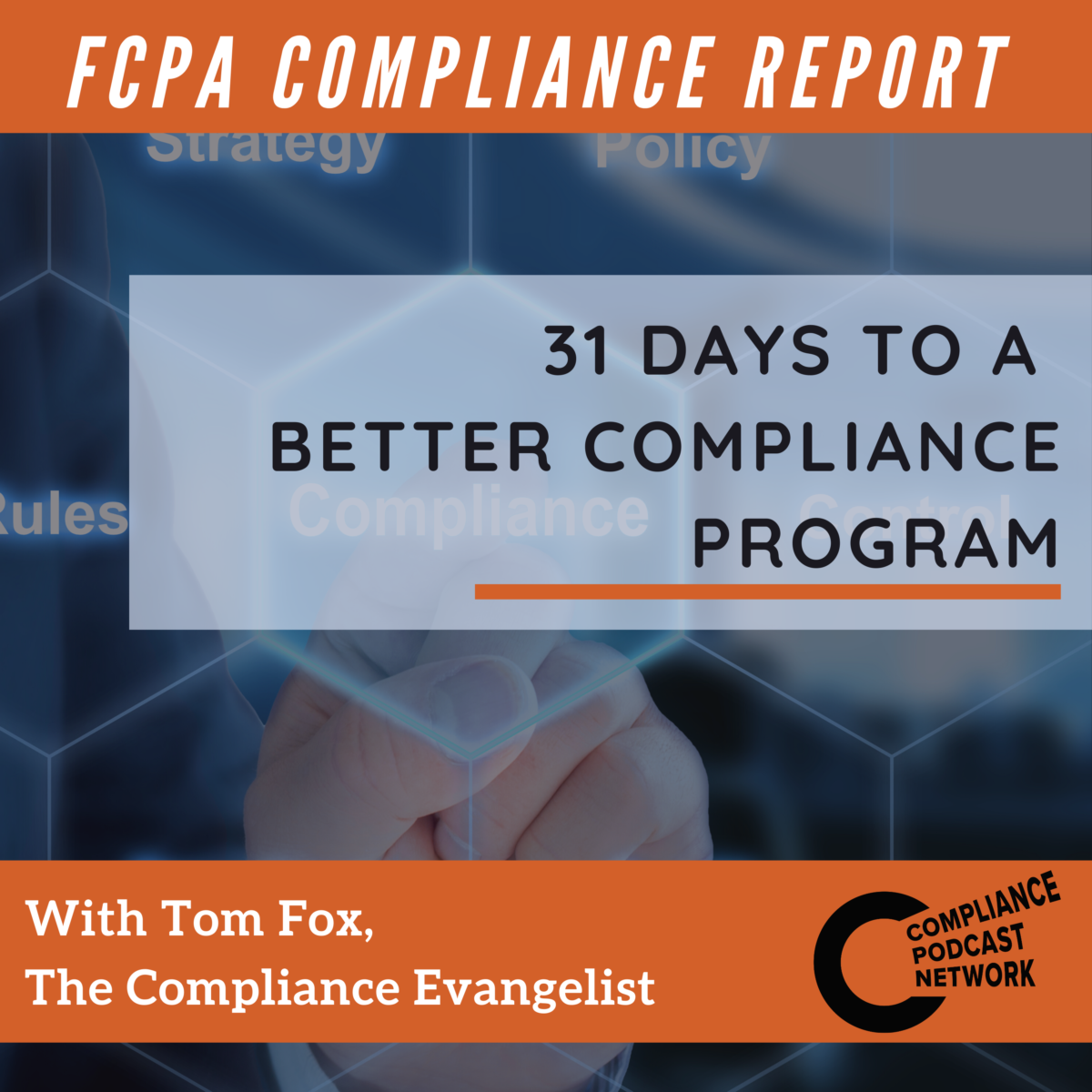Welcome to a special five-part podcast series on enhancing corporate culture through a great speak-up regime. This podcast series is sponsored by Case IQ. Over this series, Tom Fox will visit with Sharlyn Lauby, Jakub Ficner, Kenneth McCarthy, and Meric Bloch on the different facets of a great speak-up regime and how each of those facets will improve your corporate culture. They will tackle such topics as the indicia of a great corporate culture, the importance of triage and internal investigations in improving corporate culture, non-retaliation and protections for those who speak up, tying your entire system of speaking up to improving culture, and conclude with some thoughts on how an entire system of speaking up drives corporate culture to be better run and, at the end of the day, more profitably. In Part 4, Tom Fox visits Meric Bloch on how a robust speak-up culture will improve your compliance program.
Meric Bloch is an expert in workplace investigations with a rich background in helping corporate clients establish effective investigation programs. He is currently serving as an adjunct professor at Fordham University Law School. Meric strongly emphasizes the importance of workplace investigations and fostering a culture of employee compliance. He believes that merely setting up a hotline and establishing policies is insufficient; companies must actively engage with employees to understand their motivations for speaking up or remaining silent. Meric also underscores the need for accountability and a critical evaluation of the effectiveness of compliance programs. His experiences with multinational companies have shaped his understanding of their challenges, particularly the fear of being perceived as incompetent and the difficulties in reporting. Join Tom Fox and Meric Bloch on this episode as they dive deep into improving your compliance program through a speak-up culture.
Key Highlights:
- Enhancing Corporate Investigations for Compliance and Accountability
- The Impact of Cooperation on Reporters
- The Impact of Meaningful Speak Up Culture
Resources:
Meric Bloch on LinkedIn









